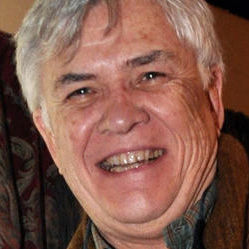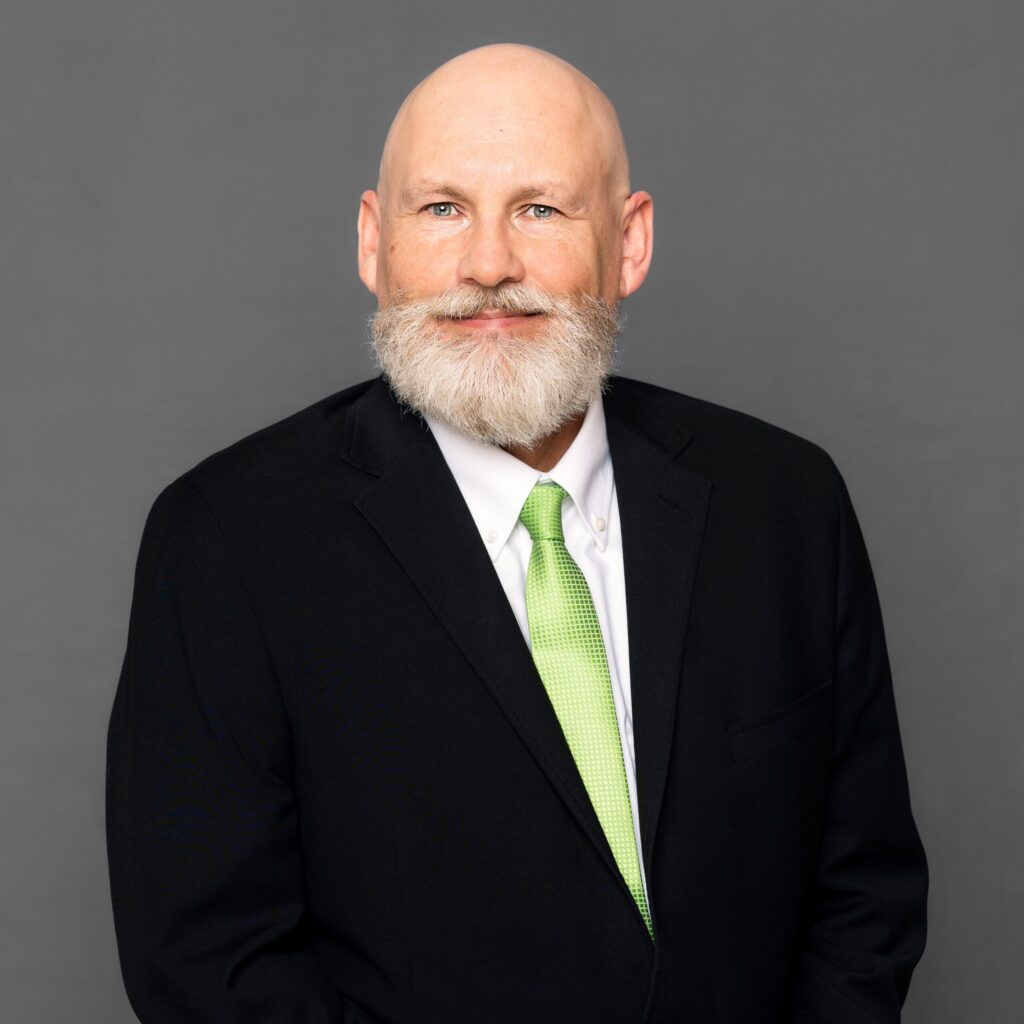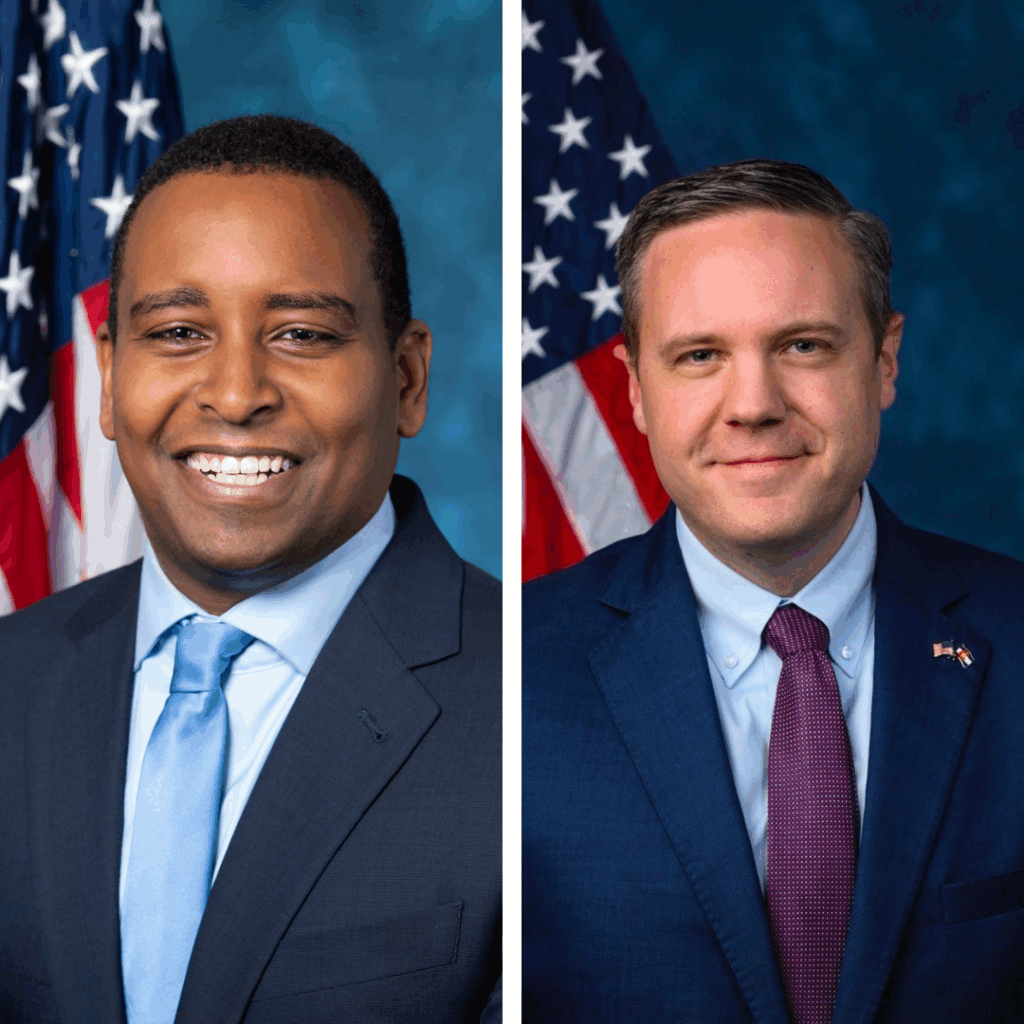Hudson: Cal Marsella’s ‘Denver Model’ set to transform economic future

Cal Marsella, who died March 19, was hired in 1995 as general manager at RTD amid policy chaos at the agency. Jon Caldara, who now heads the Independence Institute, was the RTD Board chair. Voters had recently rejected RTD’s attempt to de-Bruce. Bus operations were adjusting to legislation sponsored by state Sens. Terry Considine and Bill Owens that required a portion of routes be awarded to private companies selected through a bidding process, much to the consternation of the bus drivers’ union and several RTD Board members. Marsella was hired because of his experience in privatizing bus services at the Miami-Dade County Florida transit agency. “Guide the Ride,” a transit expansion proposal, was headed for the ballot in 1997. The brainchild of an alliance between environmentalists and the business community, it would be defeated 58-42 with opposition from Caldara and half the RTD Board.
I first met Cal at a picnic to introduce him to the community. Ben Klein, my RTD director and vice chair of the board, introduced us and unexpectedly suggested that RTD hire me to manage another de-Brucing campaign. A few days later I suggested to Cal that RTD embrace Klondike and Snow, the polar bears serving as mascots for the Scientific and Cultural Facilities District de-Brucing that would appear on the same ballot. The strategy succeeded and Cal continued to recruit me periodically over the following dozen years to lobby specific legislators or RTD board members when he felt I could make a difference. I was not alone in this role. Cal proved a master not so much at herding cats as in keeping all his puppies in the box. He made sure to brief board members, mayors, business leaders and legislators as he methodically developed the FasTracks proposal that would go before voters in 2004, seven years after Guide the Ride had failed. His half-cent sales tax, 120 miles of rail projects and Union Station purchase would be approved by a reversal of RTD’s previous defeat by a margin of 58 to 42 percent.
I doubt there was another candidate for the general manager’s job who would have been equally successful. Victory required a remarkable combination of talents and a strategic sense of political timing. It was no accident RTD was selected as the nation’s premiere transit agency in 2003, just before the FasTracks election. Cal understood RTD’s bus operations had to be first rate before voters would consider paying for light rail. He rode his system to and from work daily and then on to meetings throughout the region, initially admonishing, “I may be late, I’m taking the bus.” In turn, he earned the affection of drivers and rank-and-file employees who never knew when he might show up in their workspace. Privatizing routes has held RTD’s hourly operating costs nearly 30 percent below national averages. These savings were pledged against bonds for FasTracks projects and, when the fiscal collapse in 2008 cut RTD’s tax revenues, Marsella pioneered public-private partnerships for FasTrack segments that were threatened with funding shortfalls.
Cal attempted to proselytize at the American Public Transit Association on behalf of his Denver Model with little success. Proposing tax increases, then building political consensus while privatizing a significant share of service in order to establish market operating costs — it all sounded too difficult to career bureaucrats. It will likely be Phil Washington — who succeeded Cal at RTD and has moved on to Los Angeles — who will spread Cal’s gospel. Unable to make it to last week’s memorial service because of the blizzard, Washington unveiled a $120 billion capital investment program for LA Metro linked to a half-cent sales tax.
Perhaps the most gratifying part of the many testimonials about Cal from his family, co-workers and friends is their memory of his warmth and generosity. Little was said about his transit achievements, though they will reshape Colorado’s economy. Instead, friends and family shared anecdotes about Cal’s optimism and dedication to advancing the careers of his “team.” Only a month remains before Cal’s vision rolls out with the opening of the Airport and Gold lines, followed by more segments over the next few years. There are preliminary indicators that this infrastructure investment will impart an economic boost to Colorado’s Front Range economy — moving us ahead of municipal regions that ducked transit expansion.
Marsella’s impact on Colorado’s future exceeds that of most Denver mayors or Colorado governors. Naming the terminal at DIA the Marsella Station would remind both residents and visitors of his singular achievement.













